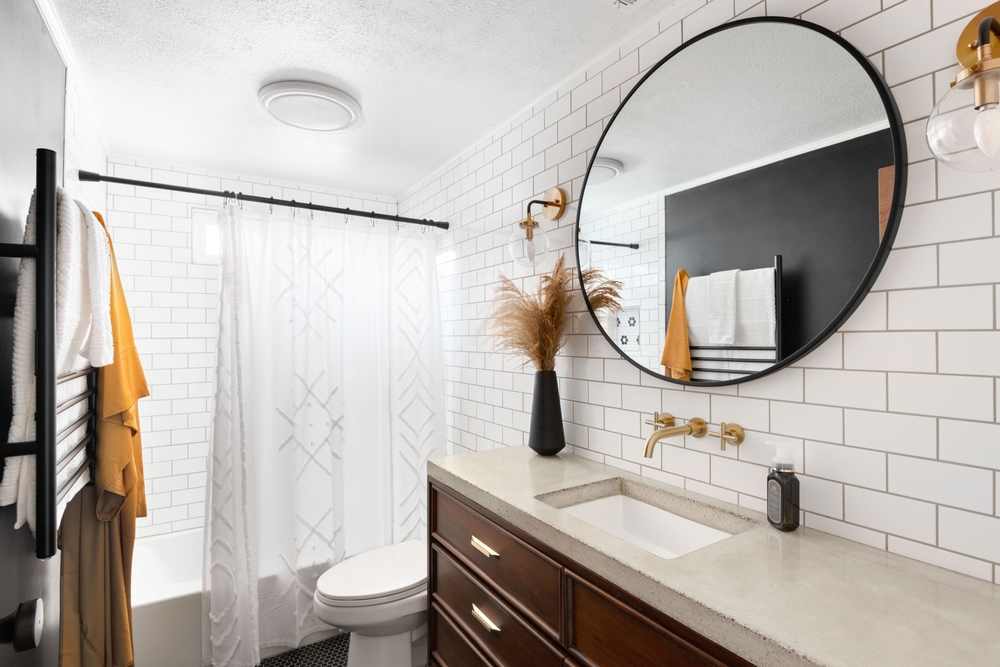Are you considering getting dental implants but are deterred by the high costs in the US? You’re not alone. Many people are turning to dental tourism and seeking affordable, high-quality dental implant procedures abroad. But is it truly safe, and how much can you expect to spend for such procedures internationally?

Understanding Dental Implants
Dental implants stand out as a revolutionary solution for replacing missing teeth. Unlike traditional dentures, dental implants are rooted securely into the jawbone, offering a more permanent and natural-feeling alternative. They are designed to mimic the look and function of natural teeth, providing aesthetic as well as functional benefits. Aside from improving the appearance of your smile, dental implants prevent bone loss in the jaw, which can often occur with missing teeth. Despite these advantages, the cost of undergoing dental implant procedures in countries like the United States, Canada, and parts of Western Europe can be prohibitively high, leading many individuals to explore dental tourism as a viable alternative.
How Much Does It Cost for Dental Implants Abroad?
The cost of dental implants abroad can vary significantly, influenced by the chosen country, the complexity of the procedure, and the materials used. In the United States or Western Europe, the average cost for a single dental implant can range from $3,000 to $5,000. This stark difference in price is a primary motivator for patients seeking dental care outside their home country. Dental tourism has become increasingly popular in countries where dental services are of high quality yet significantly more affordable.
International Costs Comparisons
- Mexico: Being geographically close to the United States, Mexico is a favored choice for Americans. Patients can expect to pay between $1,200 to $2,500 per implant, making it a cost-effective option.
- Thailand: Known for its advanced medical facilities and proficient dental practitioners, the cost here ranges from $1,800 to $2,700 per implant, offering a blend of affordability and quality.
- Hungary: Often a top choice for Europeans due to its central location within Europe, procedures cost between $850 and $2,500 per implant. Hungary is renowned for its dental expertise.
For a comprehensive list of costs across different countries, you can visit this Patient's Guide.
Cheapest Countries to Get Dental Implants
While cost is a major consideration in choosing a country for dental implants, it's important that the decision be based on a combination of factors including quality, safety, and convenience. Here are some of the most affordable countries for dental implants, known for their quality of service:
- Mexico: Its proximity to the United States, coupled with lower operating costs, makes it an attractive destination for Americans seeking affordable dental care.
- Turkey: This country has built a strong reputation for high-quality dental care at competitive prices, offering comprehensive dental packages tailored to international visitors.
- Poland and Hungary: Europeans often turn to these countries for cost-effective dental care without sacrificing on quality.
- Costa Rica: As a top choice for Americans looking for significant savings, Costa Rica offers high standards of dental care at reduced costs.
For more detailed information on the cheapest destinations, you might find this resource useful.
Is It Safe to Get Dental Implants Abroad?
Safety is a valid concern when considering any medical procedure abroad. When it comes to dental implants, numerous clinics worldwide adhere to rigorous international standards. However, it's crucial to conduct thorough research before deciding on a clinic to ensure a safe procedure. Here are key considerations to keep in mind:
- Accreditation: Ensure the clinic you choose is accredited by recognized international organizations, which guarantees adherence to necessary medical and safety standards.
- Qualified Professionals: Investigate the qualifications and experience of the dental practitioners. Ensure they have received proper training and hold relevant certifications.
- Reviews and Testimonials: Seek feedback from previous patients either online or through direct testimonials from the clinic to gauge patient satisfaction and outcomes.
- Aftercare Services: Confirm the availability of comprehensive aftercare services, vital for monitoring the healing process and addressing any post-procedure issues.
A useful starting point for assessing safety and quality is to look for resources like the Medical Tourism Corporation guide on All on 4 Dental Implants Abroad.
Additional Considerations
In addition to the dental procedure itself, there are several logistical aspects to consider when planning dental tourism:
- Travel Costs: The total expense includes not only the cost of the implants but also travel-related expenses. This can encompass airfare, accommodation, and transportation within the host country. Factor these into your budget.
- Time: Some dental treatments may require multiple appointments or extended stays to allow for healing and follow-up checks. Ensure your travel schedule allows for this.
- Language Barriers: Clear communication is key for successful medical care. Confirm whether English or your native language is spoken at the clinic, or check if translator services are available.
Pursuing dental implants abroad can indeed be a cost-effective and safe solution, provided you take the necessary precautions. It's imperative to perform comprehensive research, choose a reputable clinic, and fully understand the financial implications along with additional logistical considerations. Those willing to diligently plan their dental tourism journey could potentially achieve desirable dental health outcomes without incurring excessive costs.
For thorough insights into the best countries for affordable dental implants, you might want to look at resources like this blog by Qunomedical or explore more affordable options on DentaVacation's guide.
By meticulously planning your dental tourism journey, you can make an informed choice that aligns with both your financial constraints and your health requirements. Remember, investing in your dental health is a step towards a brighter smile and improved overall well-being.




